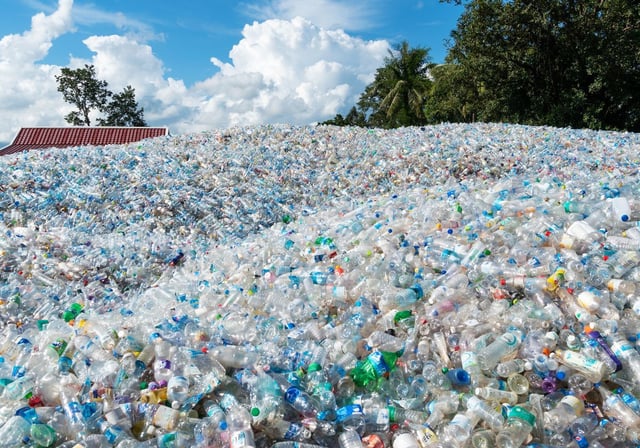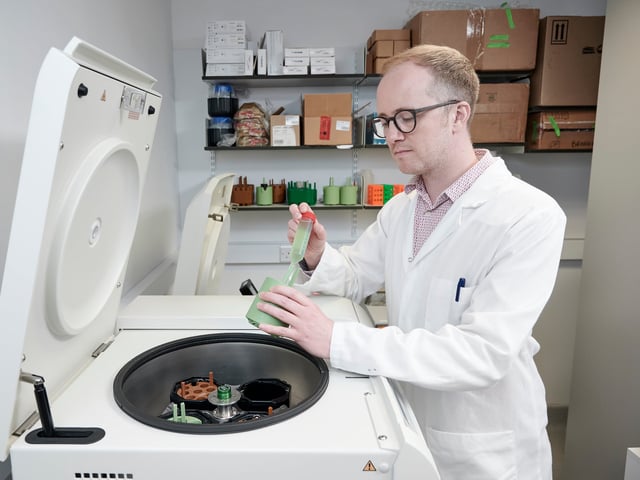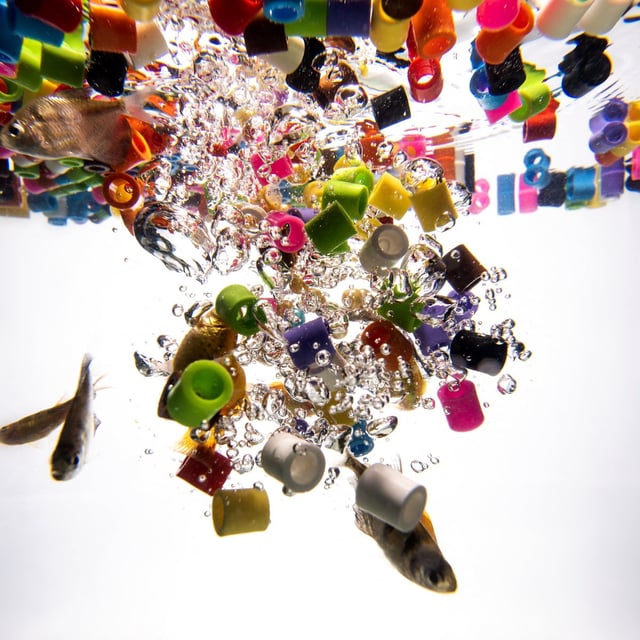Overview
- In lab trials engineered E. coli carried out a phosphate-driven Lossen rearrangement and two enzymatic steps to turn PET-derived molecules into paracetamol with a 92% yield in under 48 hours.
- The process operates at room temperature and emits virtually no carbon dioxide, offering a low-emission alternative to petroleum-based drug synthesis.
- Published June 23 in Nature Chemistry, the study marks the first integration of synthetic organic chemistry and cellular biocatalysis for plastic upcycling into pharmaceuticals.
- Funding from an EPSRC CASE award and AstraZeneca underscores industry interest in sustainable pathways for manufacturing common medicines.
- Researchers caution that scaling up the plastic breakdown step and bacterial conversion for commercial production remains a significant challenge.


